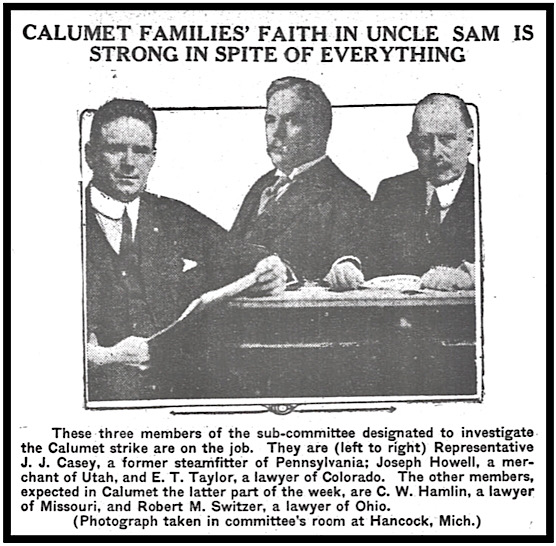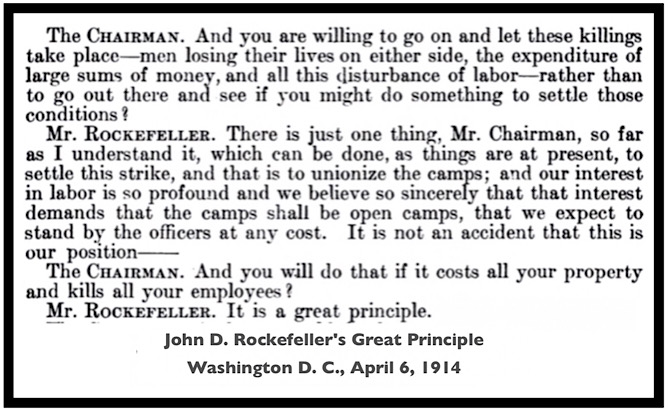 —————
—————
Hellraisers Journal – Saturday April 11, 1914
Washington, D. C. – John D. Rockefeller Jr. Testifies Before Federal Investigators
From The New York Times of April 7, 1914:
Lives to be Sacrificed for Rockefeller’s
“Great Principle”
The Times featured Rockefeller’s testimony in a long article which began with a full column on the front page and continued with two and a half columns on the second page. The headlines reveal that The Times considered Rockefeller’s stand for the open-shop to be a just stand against “union rule”:
ROCKEFELLER, JR., DEFIES UNION RULE
———–
Will Sacrifice All in Colorado Rather Than
Subject Miners to Union Dictation.
———-FIRM FOR “OPEN SHOP”
———-
Americans, He Tells Congressmen, Must Have
Right to Work Where They Please.
———-
SAYS HE DOES HIS DUTY
———-
Is a Director, but Must Trust Details to Trained Officers
-Testifies for Four Hours.
———-Special to the New York Times.
WASHINGTON, April 6.-John D. Rockefeller, Jr., testifying to-day as a Director of the Colorado Fuel and Iron Company in the inquiry which the House Committee on Mines is conducting into the Colorado coal strike, declared unequivocally for the principle of the “open shop,” and assented that he and his associates would prefer that they should “lose all of their millions invested in the coal fields than that the American workingmen should be deprived of the right under the Constitution to work for whom they pleased.”
Mr. Rockefeller said that he thought his chief duty as a Director was to place honest and capable officers in control of the business. He said he would rather relinquish his interests in Colorado and close down the mines than to recognize the unions under the circumstances. He was not opposed to unions as such, he said, but he did object to unions which tried to force men to join them and which deprived men of the liberty of working for whom they pleased. He said that a recognition of the mine workers’ union would mean the repudiation of the employes who had been faithful enough to remain with company during the strike…..
[Emphasis added]
Thus, Rockefeller was portrayed as a great hero willing to sacrifice the family fortune in order to “protect” the working men and women of America from the evils of collective bargaining!
How Rockefeller Maintains Absolute Control in Colorado:
-The Death Special, Constructed at CF&I plant in Pueblo, Colorado.

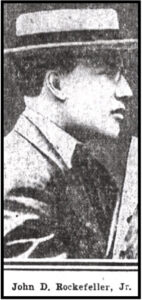
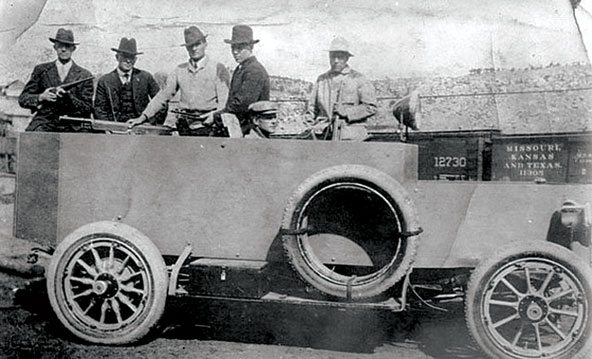
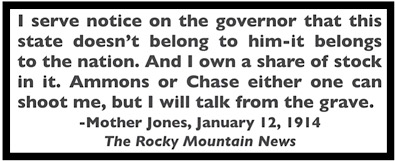 —————
—————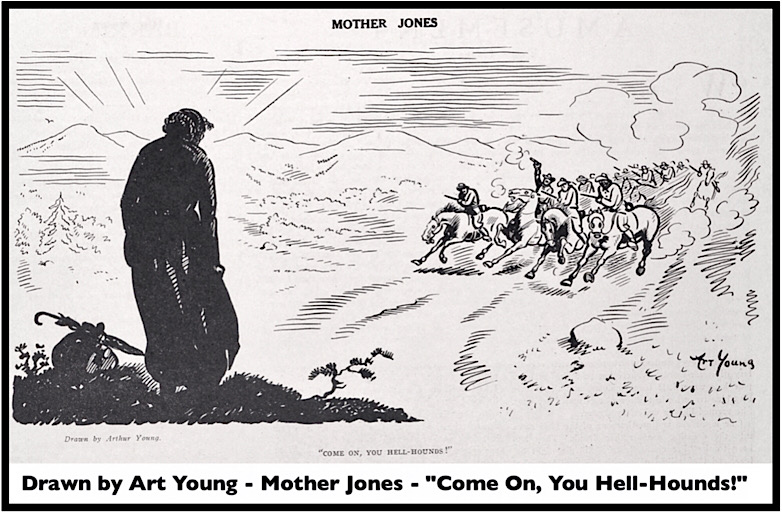
 —————
—————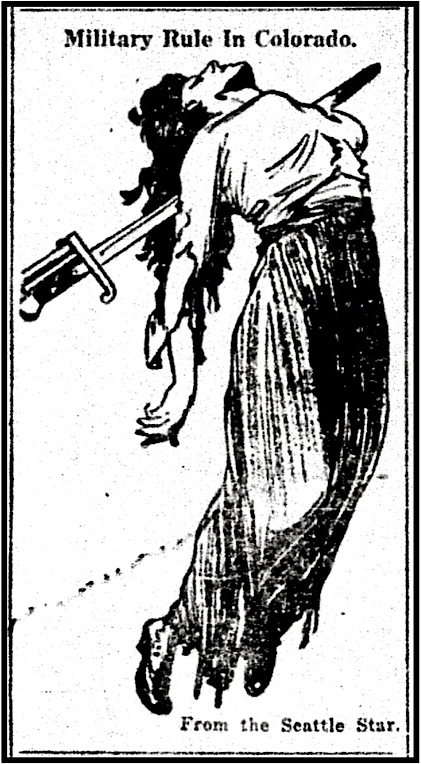
 —————
—————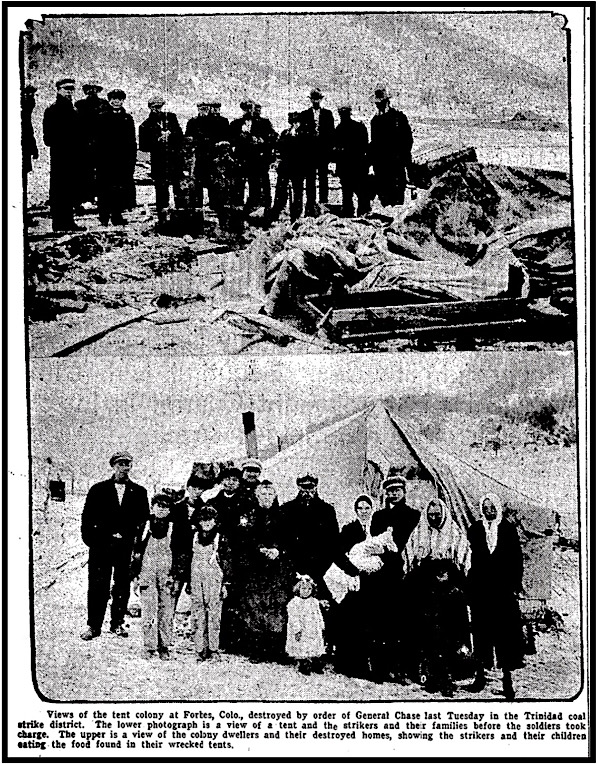
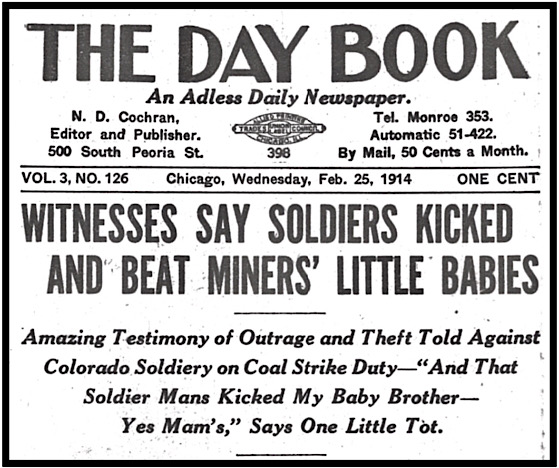
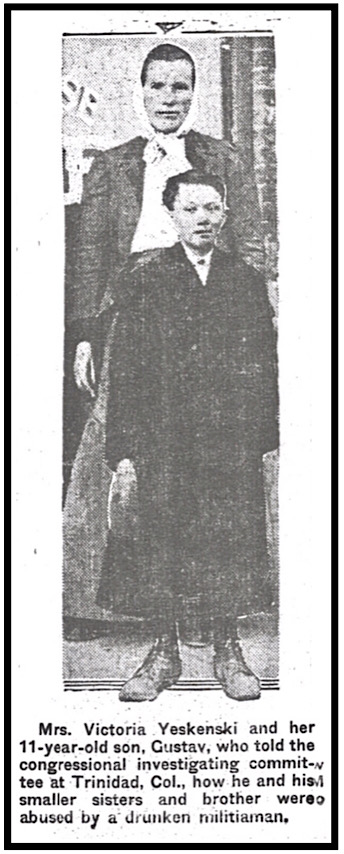
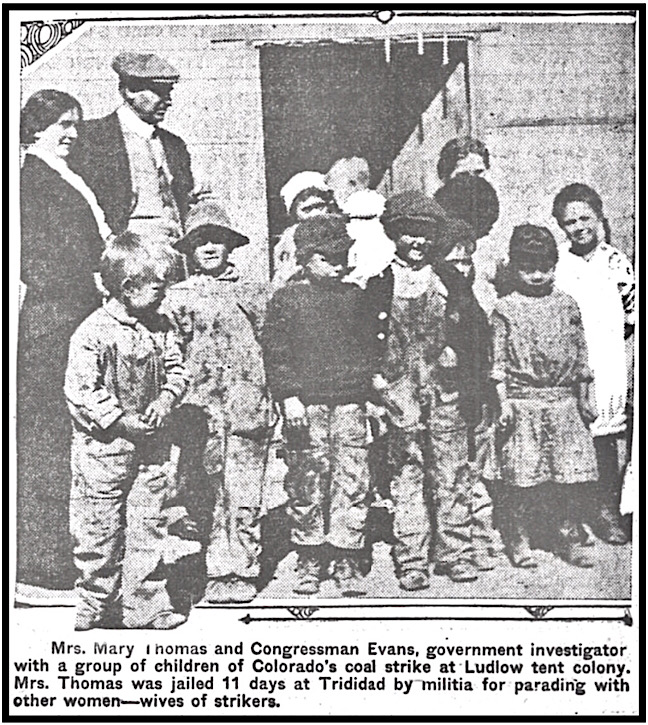
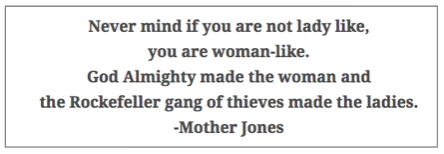 —————
—————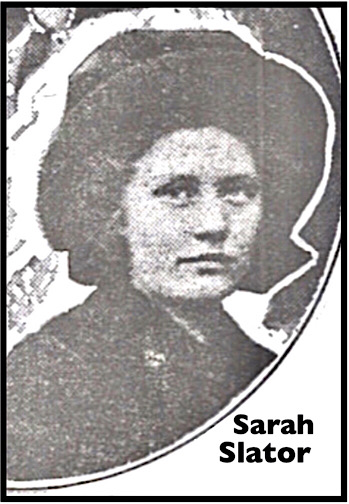
 —————
—————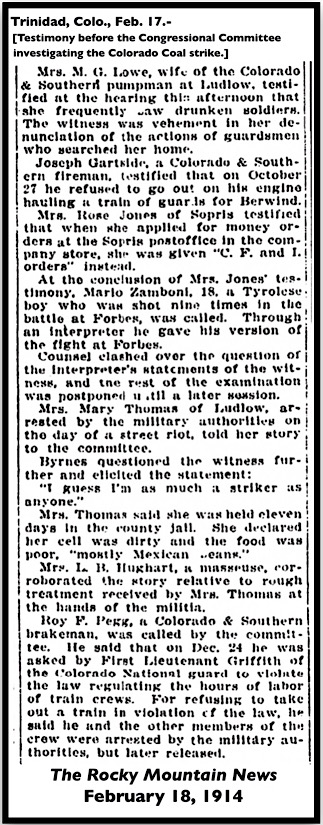
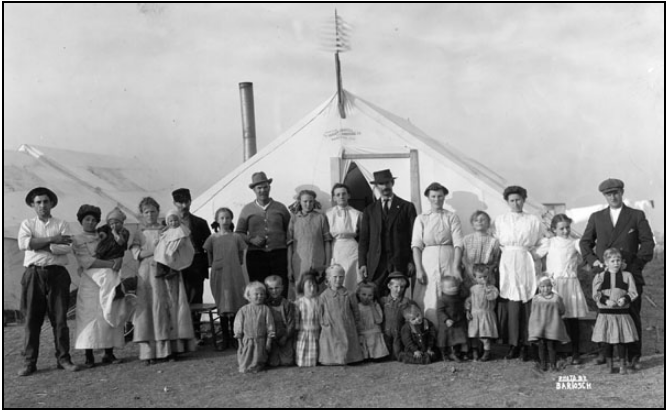
 —————
—————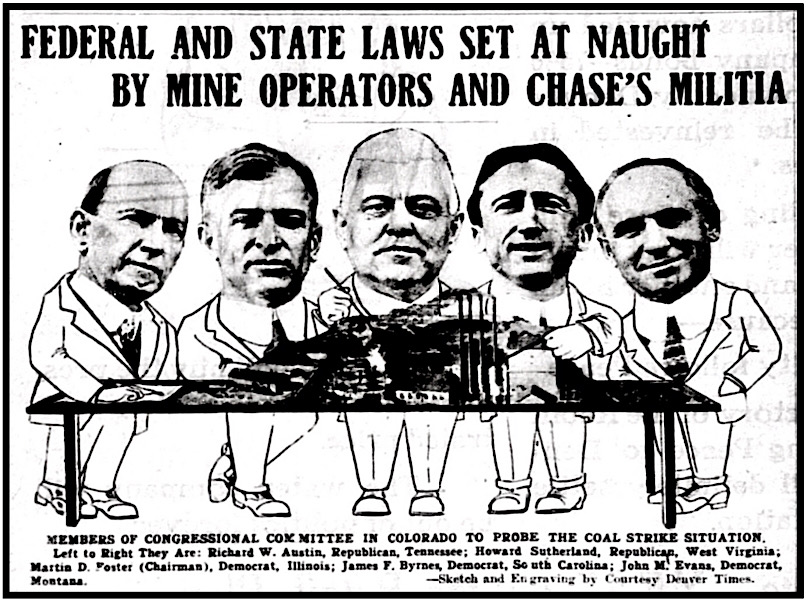
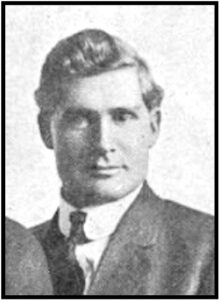
 —————
—————